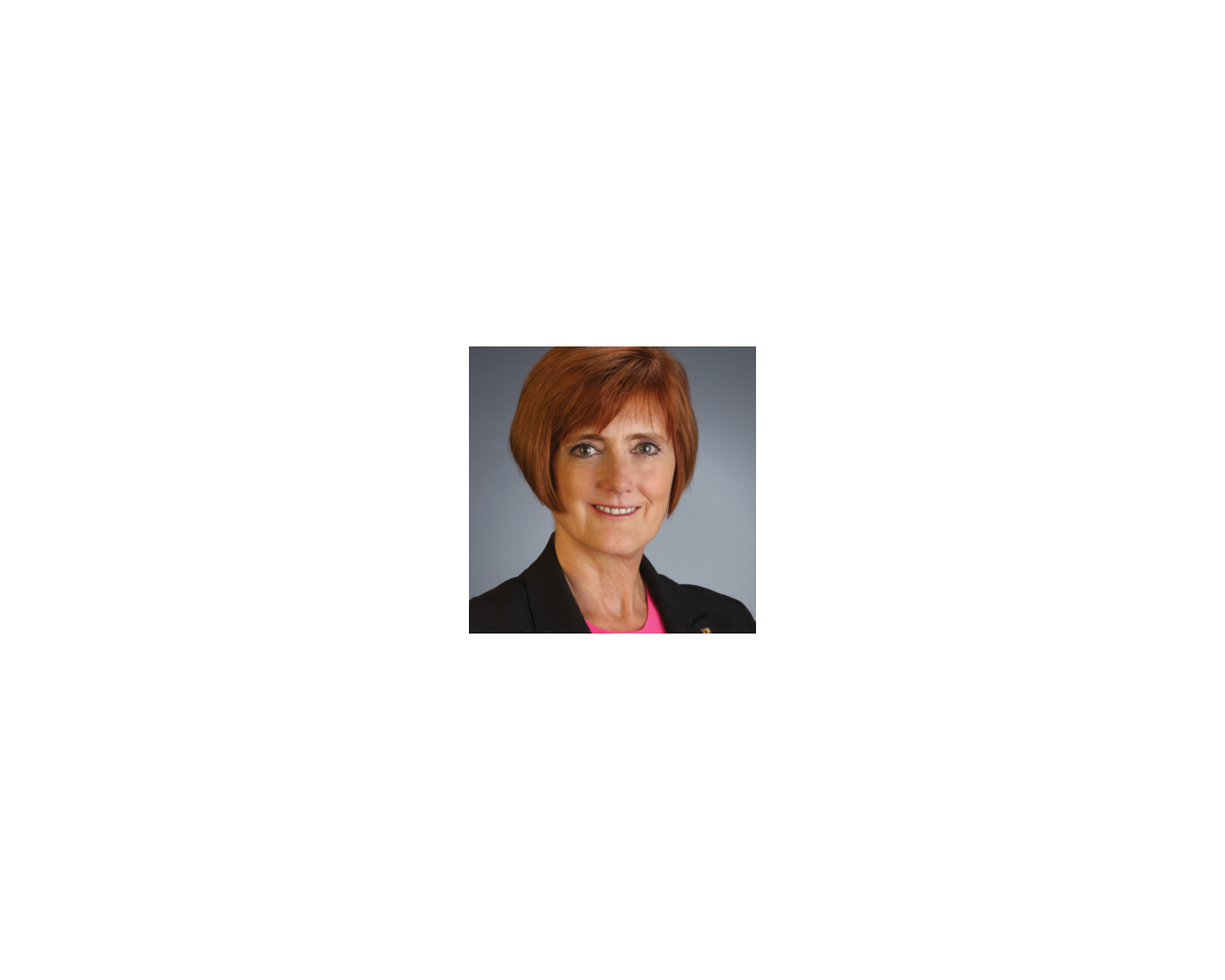
On Sept. 1, 2019, I heard a news report of an alarming statistic stating that more individuals died this year from mass shootings than there were days in the year. In fact, the total number of deadly mass shootings comes out to an average of one every 15 days. More and more we hear about the toll of violence, and there is no question these tragedies weigh heavily on our minds and hearts. As we search for ways to respond to loved ones and community members, healthcare executives are serving as essential navigators at the intersection of safety and hope; a role that is critical to healing and recovery.
Indeed, tragedy inflicted by humans and nature is testing leaders like never before. These incidents serve as unfortunate reminders of the need to re-visit how we prepare ourselves, our teams and our organizations for the unexpected. Our responses in these moments are the most defining of our careers, as they reveal how well prepared we are to lead.
The complexity of dealing with widespread tragedy should not be over-simplified, and this column is not meant as a tutorial on disaster preparedness. Yet, more and more we are hearing from those on the front lines who are bearing witness and teaching us how to lead in the most devastating of circumstances. They remind us that the culture you create today is your best defense, as implementing the plans in place may stretch the workforce in new ways.
The stories of leading through a crisis and the expert advice given are captured in many places, including in the book Anticipate, Respond, Recover: Healthcare Leadership and Catastrophic Events. As the authors note, there are several key principles at work.
Preparation is key. Experts agree that preparedness planning is a key responsibility of the CEO. Good planning is essential, and the CEO and senior leaders must be active participants in scenario-based planning and preparedness activities, including communitywide exercises and drills. Examples of planning activities include:
- Understanding and coordinating roles and relationships, ensuring leadership knows its obligations, and that there is a trusting and professional relationship with the medical team and other first responders
- Planning for continuity of operations
- Maintaining a disaster plan that reflects current state and national standards for emergency preparedness
Communication makes a difference. The CEO’s immediate response during the initial minutes and hours of a crisis can hold the promise of a strong, well-planned response. Since there are likely to be other partners involved in managing a major crisis, experienced executives note that conflict and misinformation can occur. A well-planned communication strategy is key. People will look to you to be visible, confident and calm.
Build resilience for today and tomorrow. When the first days and weeks of a crisis subside, how the CEO leads the organization to recovery is vital. Healing a traumatized community can be a long journey. As there may be no shortage of challenges, the importance of providing help and support to your workforce and others impacted cannot be overstated. In the end, understanding what worked and what did not can effectively form the basis for improving your efforts going forward.
Crisis management will remain a necessary skill for healthcare executives. As we navigate the tumult, let us learn together how we can best support those affected, as well as our colleagues, teams and communities. I, for one, am grateful that well-prepared executives can be the beacons of safety, hope and comfort when others need it most. Thank you for the important work you do.
Deborah J. Bowen, FACHE, CAE, is president and CEO of the American College of Healthcare Executives.
This blog post is repurposed from the article of the same name originally published in the November/December 2019 issue of Healthcare Executive.
For more on leading through a crisis, listen to Rulon Stacey, PhD, FACHE, partner and leader of Guidehouse’s Healthcare Strategy business unit, discuss how he managed a high-profile crisis and what he learned about leading honorably.

